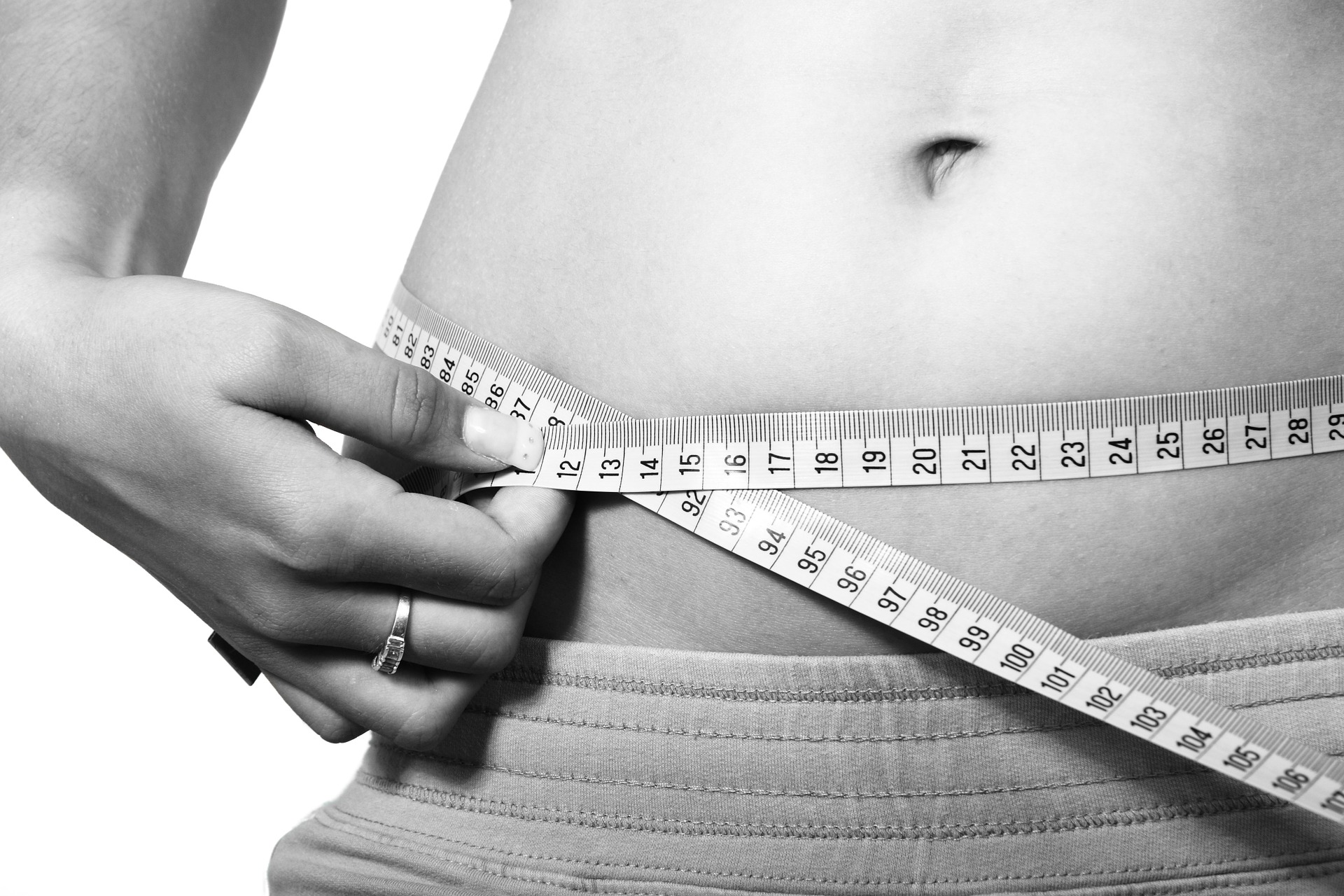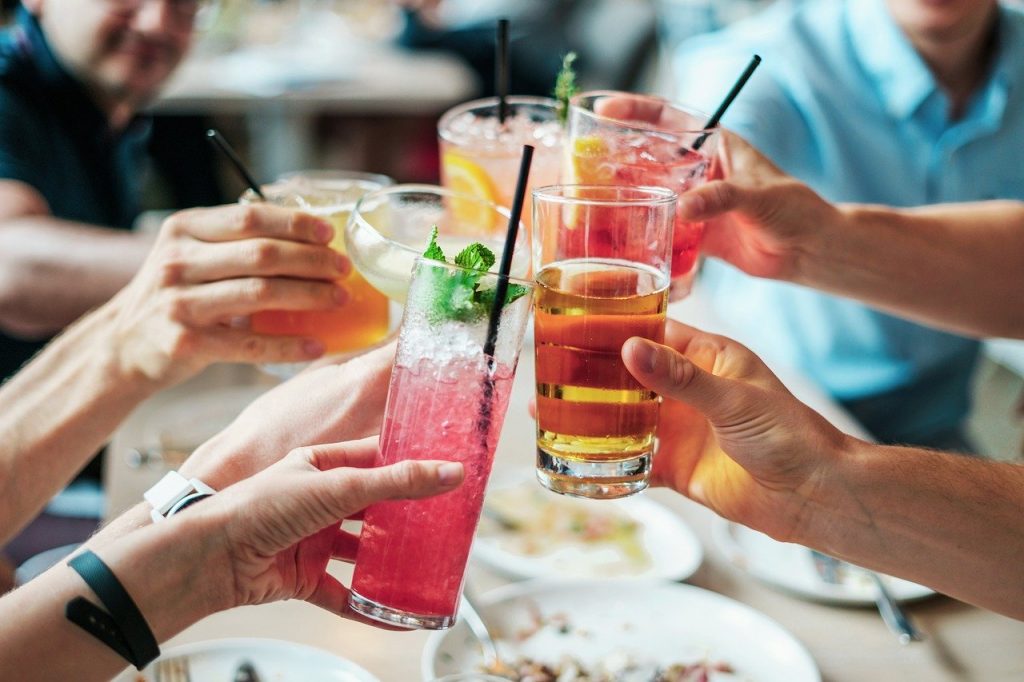Many people find a stiff drink (or even several) can help them feel better. You may turn to alcohol to reduce stress. It can help you feel better in difficult social situations. It can make you feel as though you belong. It can calm you down when you feel angry. But does alcohol really reduce stress?
Alcohol definitely makes most people feel better temporarily. It does this by affecting the part of the brain that controls judgement and depresses our self-control. It makes us feel wittier, cleverer, more popular, but it doesn’t mean we are these things. It just changes our perception. So what does alcohol do to our mind and body?
Alcohol is a Central Nervous System depressant
It affects neurotransmitters, messenger chemicals in the brain. So the long term effect is depressing not uplifting.
Alcohol hinders B vitamin and zinc absorption
It is ironic that the nutrients that are affected by alcohol consumption are the very ones that help keep us calm and in control- the B complex and the mineral zinc. By drinking too much alcohol you stop your body absorbing these feel good vitamins and minerals from your food or from supplements.
Alcohol affects blood sugar levels
Alcohol gives a rapid rise in blood sugar – great if you are about to fight or be chased by a tiger – but not great for the modern environment. No wonder alcohol makes some people more aggressive. And the problem is that the high is followed by a low of lethargy. The ‘good sleep’ you may get after a few drinks is often because your blood sugar has dropped inappropriately low.
Alcohol has lots of calories
Alcoholic drinks often contain a lot of empty calories. They are “empty” because they don’t nurture the body in any way, but they do contribute to that beer belly or generalised problems with weight.

Alcohol kills
Up to 22,000 premature deaths per year are associated in some way with drinking too much alcohol. (www.nhs.uk) This figure suggests alcohol is a way of reducing stress, through death, but is that how you want to reduce the stress in your life?
In the USA 2014, (the latest figures available) alcohol-impaired driving fatalities accounted for 9,967 deaths (31 percent of overall driving fatalities).
In the USA an estimated 88,0005 people (approximately 62,000 men and 26,000 women) die from alcohol-related causes annually, making alcohol the third leading preventable cause of death in the United States. The first is tobacco, and the second is poor diet and physical inactivity.
Alcohol creates dependence
6% of men and 2% of women in the UK are alcohol dependent. (www.nhs.uk) It’s a slippery slope; you start feeling in control, feeling sure you can stop whenever you want. Being dependent on alcohol creates more stress in your life not less.
Almost 6% of adults in the USA suffer from alcohol use disorder.
How much is too much alcohol?
UK government advice says:
- men and women are advised not to drink more than 14 units a week on a regular basis
- spread your drinking over 3 or more days if you regularly drink as much as 14 units a week
- if you want to cut down, try to have several drink-free days each week
Fourteen units is equivalent to 6 pints of average-strength beer or 10 small glasses of low-strength wine.
Keep an alcohol diary and check out safe consumption at www.drinkaware.co.uk – this site has an online diary where you can keep track of what and how much you have consumed, and will give a running total of how many units and calories you are consuming. Some people seem to think because they drink good quality alcohol, maybe expensive wines, they cannot be dependent. This is self-delusional. It’s consumption that matters not the quality of the alcohol you are drinking.
If you’re dependent on alcohol to feel good about yourself and your life, seek help.


